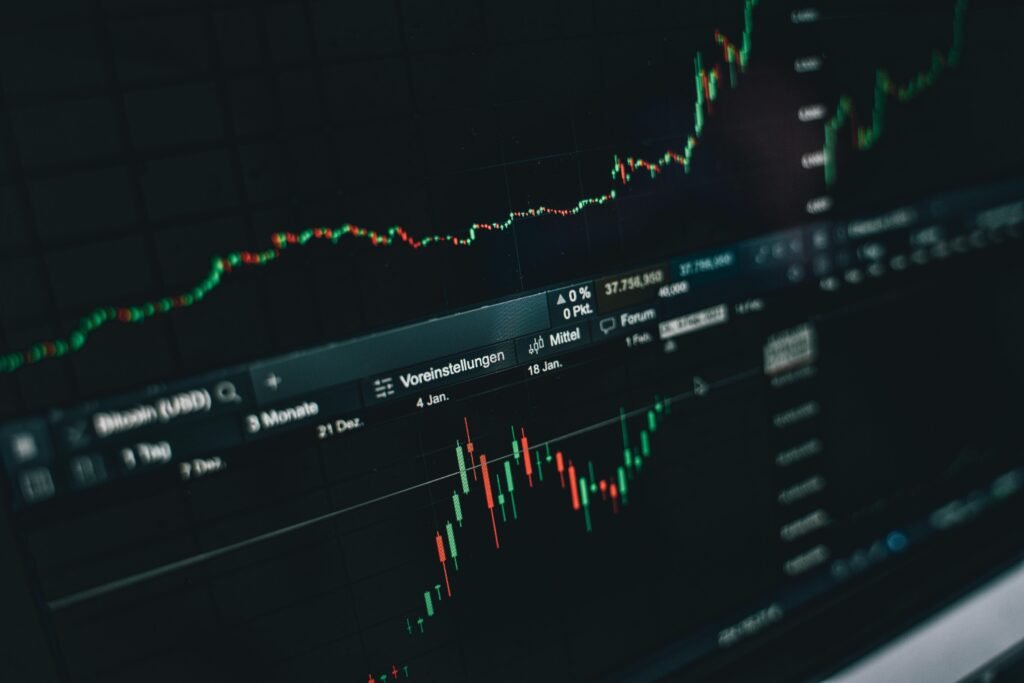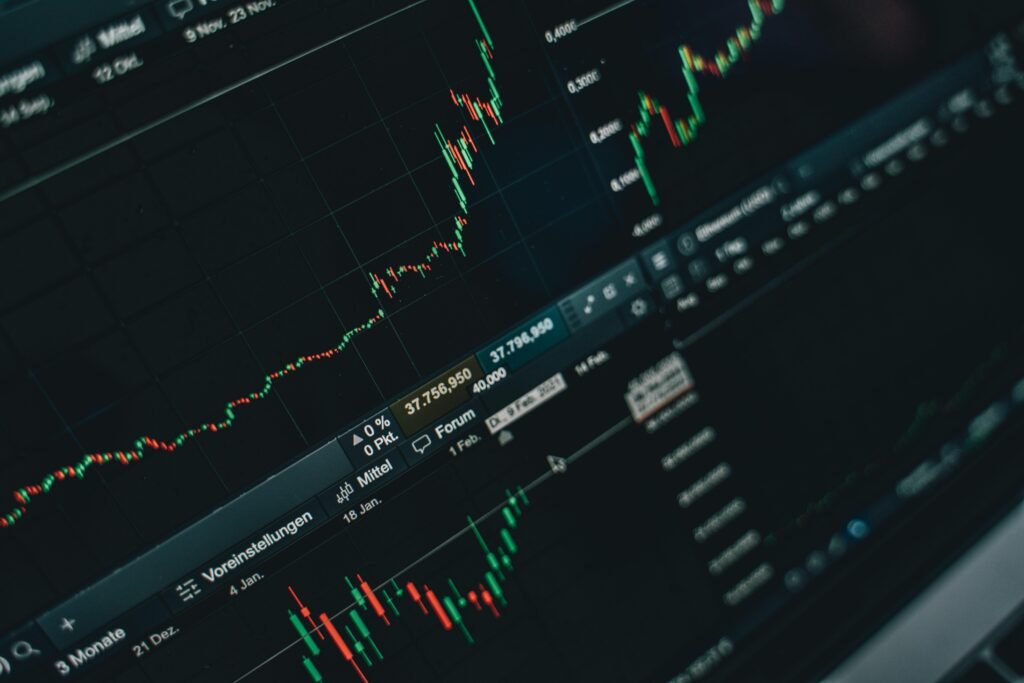With the global economy undergoing continuous shifts—triggered by COVID-19, geopolitical tensions, AI disruption, and sustainability transitions—many investors and business owners are re-evaluating their portfolios. One question comes up again and again: Does the European stock market still offer long-term value?
The answer is increasingly complex—but also encouraging. For those who understand the dynamics of the EU market, including the performance of key players tracked in the EURO STOXX 50, investing in Europe may offer not only stability, but also unique growth opportunities—especially as the EU continues its digital and green transformations.
Why the European Stock Market Still Holds Value
The European Union remains one of the most developed and stable regions in the world. Its stock market is home to industry-leading companies across diverse sectors—automotive, luxury goods, energy, financials, and healthcare. While the EU doesn’t have a Silicon Valley equivalent, it boasts:
- Strong regulation and transparency
- Long-term sustainability leadership
- Global consumer trust
- Robust dividend-paying culture
- Access to a highly integrated single market
Additionally, many French and German enterprises, along with Dutch, Spanish, and Nordic firms, are aggressively modernizing—making them increasingly attractive to institutional and retail investors alike.

The EURO STOXX 50: A Snapshot of European Strength
The EURO STOXX 50 index includes the top 50 blue-chip companies from 11 Eurozone countries. These are multinational leaders in their fields, offering exposure to Europe’s economic backbone.
Some Notable Companies in the EURO STOXX 50:
- SAP (Germany) – One of the world’s largest enterprise software companies, leading in digital transformation solutions for global corporations.
- LVMH (France) – The luxury giant behind brands like Louis Vuitton, Dior, and Moët, with strong post-COVID global demand.
- Allianz (Germany) – A leader in insurance and asset management, with a global presence.
- TotalEnergies (France) – An energy transition leader investing heavily in renewables.
- Airbus (France/Netherlands) – Europe’s aerospace answer to Boeing, with strong defense and commercial aviation contracts.
- ASML (Netherlands) – A vital player in the global semiconductor supply chain; their lithography machines are used by companies like TSMC and Intel.
- L’Oréal (France) – A global cosmetics powerhouse that has successfully adapted to digital marketing and e-commerce.
- Siemens (Germany) – A major player in electrification, automation, and digital industries.
- Enel (Italy) – One of Europe’s green energy leaders, investing in solar, wind, and smart grid technologies.
- Banco Santander (Spain) – One of the world’s largest banking groups, with strong exposure to Latin America and Europe.
These companies not only define European industrial and commercial power, but they are also increasingly aligning with ESG (environmental, social, governance) principles—a trend that resonates strongly with modern investors.

What Makes the EU Market Attractive in 2025?
Several trends are working in Europe’s favor:
1. Sustainability and Green Innovation
Europe is a global pioneer in climate goals. The European Green Deal, carbon neutrality targets, and bans on fossil-fuel vehicles are pushing investment into clean energy, circular economy models, and green tech startups.
Major players like Siemens, Enel, Veolia (France), and Neste (Finland) are driving this shift—and their stock performance reflects investor confidence in a greener future.
2. Tech and Industry Modernization
While Europe has lagged behind the US in consumer tech, it remains highly competitive in industrial tech, automation, and semiconductors. Companies like Infineon (Germany), STMicroelectronics (France/Italy), and Dassault Systèmes (France) are increasingly central to EU digital strategies and AI infrastructure.
3. Resilience and Dividends
Many EU companies offer steady dividend yields, often above 3–4%. This attracts long-term, income-focused investors, especially in a time when bond yields remain volatile.
Banks like BNP Paribas (France) and Deutsche Bank (Germany), while cautious post-2008, have become more stable and are regaining investor trust.
4. Healthcare Strength
Pharma and biotech continue to grow, driven by Europe’s aging population and post-COVID investment in health systems. Notable companies include:
- Sanofi (France) – Strong in vaccines, diabetes, and rare diseases.
- Roche (Switzerland, not in Eurozone but key EU player) – Major in oncology and diagnostics.
- Bayer (Germany) – Diversified across pharma, agriculture, and consumer health.

Potential Risks
No market is without challenges. EU stocks face:
- Slower tech innovation in consumer-facing sectors
- Geopolitical exposure to Eastern Europe and energy disruptions
- Regulatory complexity, including ESG mandates and GDPR
- Demographic pressure, with aging populations and labor shortages
However, these are largely manageable risks, especially when balanced with the market’s structural advantages: transparency, legal predictability, and strong institutions.
How Business Owners Can Leverage Market Insights
Even if you’re not an investor, understanding how publicly traded companies behave can influence your business strategy. Here’s how:
- Trends set by large firms trickle down. If Airbus is investing in hydrogen fuel systems, suppliers across Europe need to adapt.
- Watching sector performance helps B2B businesses stay aligned with demand.
- Investor sentiment influences credit availability, consumer confidence, and M&A activity.
- Listed companies offer partnership, supplier, and acquisition opportunities.
And of course, your own company’s online presence and digital infrastructure can influence how you’re perceived by future partners or investors.
Final Thoughts
The European stock market, while often quieter than its US or Asian counterparts, remains a cornerstone of global financial stability and innovation. The EURO STOXX 50 provides access to world-class enterprises across diverse sectors—from luxury to life sciences, renewables to aerospace.
For European entrepreneurs, small business owners, and investors, now is a smart time to re-engage with the EU market—not only as a potential investment opportunity but also as a window into where your industry is heading.
And if you’re looking to grow your company’s visibility, trust, and competitiveness, a professional digital presence is essential. Visit Rakuzan.eu to learn how a tailor-made website can support your growth in an increasingly connected European economy.
Disclaimer: This article is for informational purposes only and does not constitute financial, tax, or investment advice. Readers should consult with a licensed professional before making any financial or business decisions.





